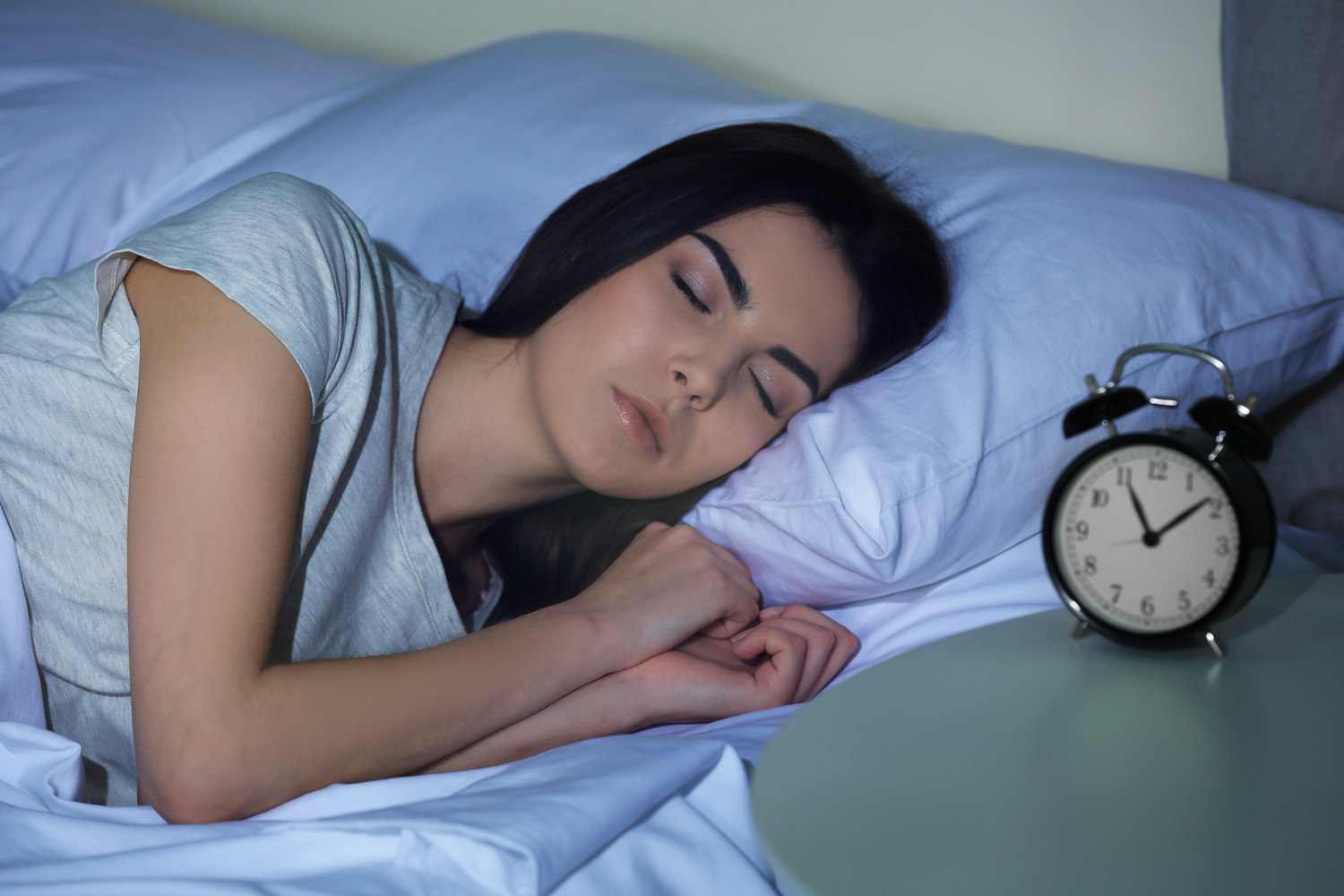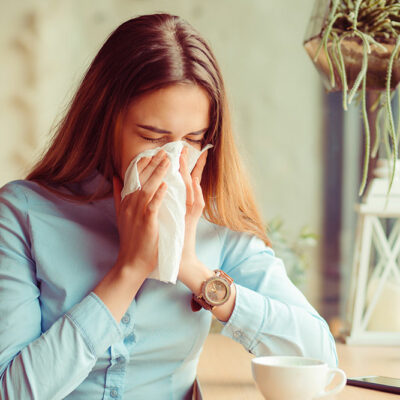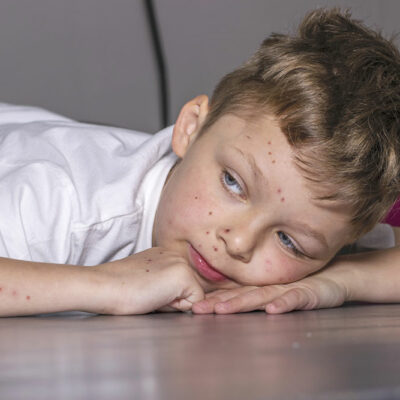
Risk Factors for Sleep Apnea
Sleep apnea is a serious disorder that occurs when breathing is interrupted during sleep. When it is left untreated, breathing stops and starts repeatedly throughout sleep, sometimes hundreds of times and causes the brain and the rest of the body to not get enough oxygen. Symptoms can include waking up with a sore or dry throat, loud snoring, restless sleep, insomnia, morning headaches, lack of energy during the day, and waking up occasionally with a gasping or choking sensation.
Sleep apnea raises the risks for other health issues:
1. Excess weight
Carrying excess weight raises the chances of getting sleep apnea. When you’re overweight, the upper airway can have fatty deposits that can obstruct breathing. The same can be true for those who have a wider neck circumference. A thicker neck might have a more narrow airway, making it more difficult to breath during sleep. Sleep apnea can also increase a person’s risk of getting type 2 diabetes. Not getting enough sleep can keep the body from using insulin properly, leading to diabetes.
2. Heart disease and high blood pressure
Sleep apnea increases the risk of heart attack and stroke, probably due to low oxygen or the stress of waking up often during the night. Sleep apnea disrupts the body’s intake of oxygen, making it difficult to control how blood flows in the arteries and the brain. If you already have high blood pressure, sleep apnea can worsen it. When the body is stressed, especially from waking up several times during sleep, it causes hormones to go into overdrive. This hormone boost also causes blood pressure to increase. The lack of oxygen in the blood when you’re not breathing properly exasperates the issue. A bilevel positive airway pressure (BiPAP) machine is a method of breathing support often used to treat sleep apnea. It is basically a type of ventilator which is a device that helps with breathing. It works by pushing air into the lungs through a mask or nasal plugs connected to the ventilator. While using a BiPAP, the lungs receive a higher air pressure when inhaling and lesser pressure when exhaling.
3. Family history
Much like other health conditions, sleep apnea and snoring are hereditary. If you have a family member who chokes while snoring, you have a greater risk of developing the same condition. Even inherited facial features, like a recessed chin, large overbite, or large tonsils, can contribute to the risk of sleep apnea. The leading therapy for treating sleep apnea includes the use of a continuous positive airway pressure (CPAP) therapy. A CPAP mask keeps the airway open during the night by providing a constant stream of air through a mask. The flow of air helps keep the airways open so that breathing is regular and consistent. They are known to eliminate snoring in users, treating the most common of the sleep apnea symptoms.


